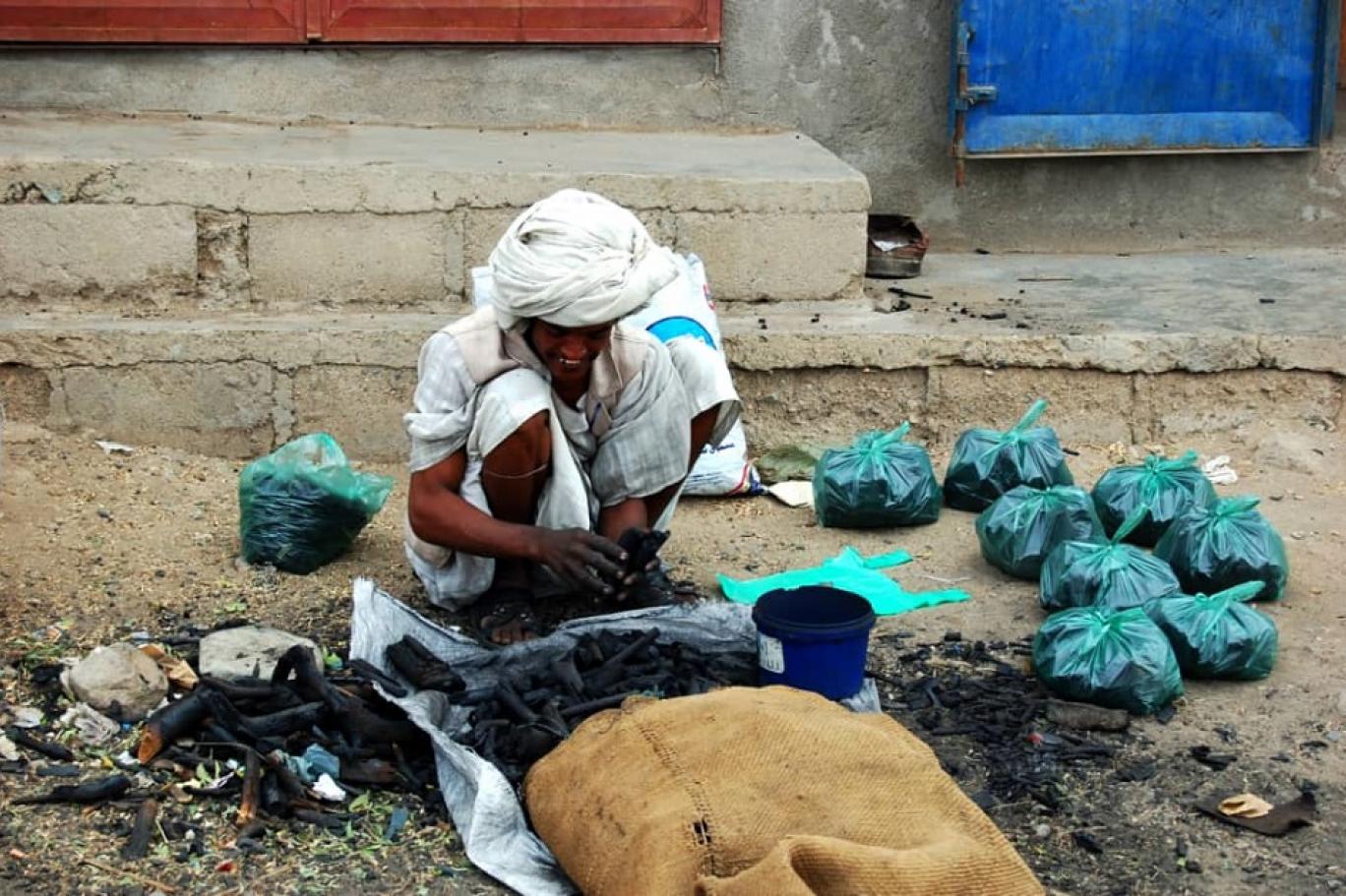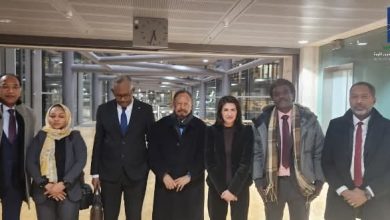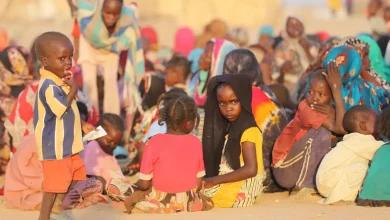
The consequences of the ongoing war between the army and the Rapid Support Forces (RSF), which erupted in mid-April 2023, have gone far beyond human and material losses. They have extended to vast areas of forests and tree cover due to rampant logging, considered one of the most serious environmental disasters that will threaten the country for decades to come.
The daily scene in Khartoum and several states is that of axes felling trees that are hundreds of years old—trees vital for the health of the ecosystem. Forests once covered more than 55% of Sudan’s land area, but this has now shrunk to about 10% due to the absence of oversight and legal accountability amid the war. This has fueled indiscriminate tree-cutting for use as energy sources and building materials in areas of mass displacement.
The prolonged war has worsened the lives of citizens, pushing them back to primitive methods of cooking with tree branches due to the shortage of gas following the destruction of the Al-Jaili Refinery in Khartoum, which previously met about 50% of local consumption. This has led to a wide expansion of the charcoal trade.
Wasted Wealth
Imad Ibrahim, a resident of Sennar, the capital of Blue Nile State, and a horticulture enthusiast, said:
“Sudan’s forests are facing unprecedented encroachment, especially by those involved in the charcoal trade. I’ve personally witnessed dozens of people cutting trees daily and loading them into trucks for charcoal production. This trade has boomed during the war because it generates high profits amid the shortage of cooking gas. Firewood and charcoal have become the only alternatives, even though such practices threaten the environment, the economy, and society—but no one is listening. The war has destroyed everything.”
He added: “Tree cutting isn’t only for charcoal; mass displacement has also driven families into forests. Overall, the collapsing economy due to the ongoing war has forced many to seek any source of income regardless of its harm to the environment. Demand for wood has surged, and centuries-old trees are being felled daily. This is a tragic waste of natural wealth and heritage. Urgent action is needed to stop deforestation and provide gas alternatives before the environment deteriorates further, exposing the country to climate change.”
Exceptional Circumstances
Hassan Abdelal, a bakery owner in Omdurman, explained:
“What’s happening with the uncontrolled cutting of trees across Sudan is driven mainly by financial gains and energy needs. For months, we’ve faced a severe cooking gas shortage, pushing many people into tree-cutting. All bakeries now rely on firewood instead of gas. This is a temporary situation. Once life stabilizes and the Al-Jaili Refinery resumes operations, this problem will end. We hope forest authorities will return to curb deforestation before it becomes a permanent livelihood for some.”
Catastrophic Consequences
Community activist Al-Zein Khidr noted:
“The shrinking of vegetation due to direct deforestation will inevitably cause desertification, drought, and soil erosion—problems that cannot be reversed for decades. Entire forests can now be cleared in just days, as happened to the acacia forests west of Khartoum. Sudan is rich in diverse tree species across its regions, but it’s tragic to see indiscriminate logging even of neighborhood and roadside trees. Stopping the war is the only way to prevent complete loss of tree cover, which would bring catastrophic consequences.”
The Importance of Awareness
Environmental and forestry expert Jalal Mohamed Yassin explained:
“The shutdown of the Al-Jaili Refinery, the targeting of power stations and transport routes, and the destruction of infrastructure created a severe shortage of basic energy sources. Citizens have turned to firewood and charcoal, fueling uncontrolled tree-cutting and alarming deforestation. This threatens the Nile and its tributaries, as riverine forests act as natural barriers against erosion. Tree cover also preserves ecosystems, such as acacia groves, and shields them from extinction. Its loss disrupts the local climate, increases drought and temperatures, and contributes to the spread of deadly epidemics like dengue and malaria.”
He stressed the need for community awareness about the role of trees in environmental protection and production, as well as the dangers of climate change, particularly as some regions now face landslides.
An Economic Resource
Researcher in environmental and scientific studies, Taha Taher Badawi, added:
“The absence of the Forest Authority and the migration of its staff for more than two years due to the war have resulted in devastating forest losses from rampant logging. Tree cover has been destroyed not only in Khartoum but also in conflict-hit states like Gezira, Sennar, Kordofan, and Darfur—regions rich in forests and rare tree species. The severe cooking gas shortage has fueled this destruction.
Military operations have also caused forest fires and tree die-offs, making forests easy targets and further pressuring vegetation, even in safer states. This could lead to a total environmental shift toward desertification. Forests are a vital economic resource that must be protected. Reviving the Forest Authority is essential for sustainable development and for providing alternatives to plant-based energy sources. Ignoring this will only deepen Sudan’s forestry crisis.”




